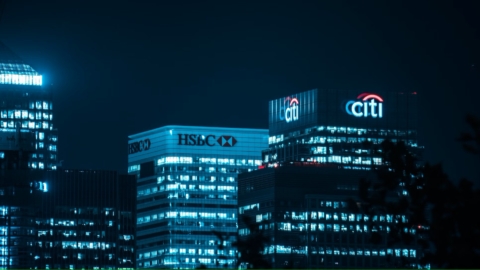
Sustainability is back from never ending. As man’s impact on the planet becomes clearer, the call for action increases. And the call for action is not the only one. Governments are intervening with laws and regulations. Consumers are demanding that organizations take responsibility in reducing their “footprint” on the planet. The journey to net-zero has begun. Organizations are recognizing the need for change, and new initiatives and business models are seeing the light of day. Accounting will save the world…
Working from new objectives
In 2015, United Nations member states adopted the 2030 Agenda for Sustainable Development. At the heart of this agenda were the 17 Sustainable Development Goals (SDGs). Partly based on these SDGs, the European Commission adopted the Corporate Sustainability Reporting Directive (CSRD) in April 2021. This directive is expected to lead to a transformation in the field of reporting, which in time will affect more and more organizations. The goal is to eventually integrate sustainability reporting and financial reporting to create more transparency. However, the consequences of the SDGs go beyond pure reporting. Organizations that take real responsibility in the area of the SDGs must start looking differently at business models and the way they make investment decisions.
Balancing people, planet and profit
The classic approach to economics and our models for assessing whether we, as an organization, are undertaking the right initiatives are not sufficient to balance people, planet and profit. For this we need new tools. New metrics too, which ensure that we weigh the alternatives against the real value they represent. And especially therein lies a great added value for Finance. Because a Finance function that wants to promote sustainability makes sure that the right trade-offs can be made. That doesn’t even sound difficult, but in an environment that is used to looking primarily at the bottom line, this can be quite a challenge. After all, which choice should you make when a measure that is good for the planet has a major impact on your profitability? And how do you ensure that your customers are also willing to pay for sustainability? That answer is not so easy to give with a traditional way of looking at things. A simple ROI falls short here. And so, if we really want to embrace sustainable development, we must also further develop the way in which we make trade-offs.
Inspiration from Information Economics
A possible source of inspiration can come from Information Economics. This way of looking at projects is already regularly used when looking at investments in ICT. Also with ICT projects, using a purely financial measure like ROI often does not lead to the right choice. And so with Information Economics the analysis is extended. With the framework for Information Economics, elements are added to the analysis in addition to the ROI. Elements such as strategic fit, competitive advantage, value and service and others complement the ROI to arrive at a multi-criteria analysis and are all scored to arrive at the best alternative. Many of these criteria can also be used to enable better selection between alternatives with a sustainability impact. For Finance Professionals who want to drive sustainability, it is good to take a serious look at the Information Economics Framework.



